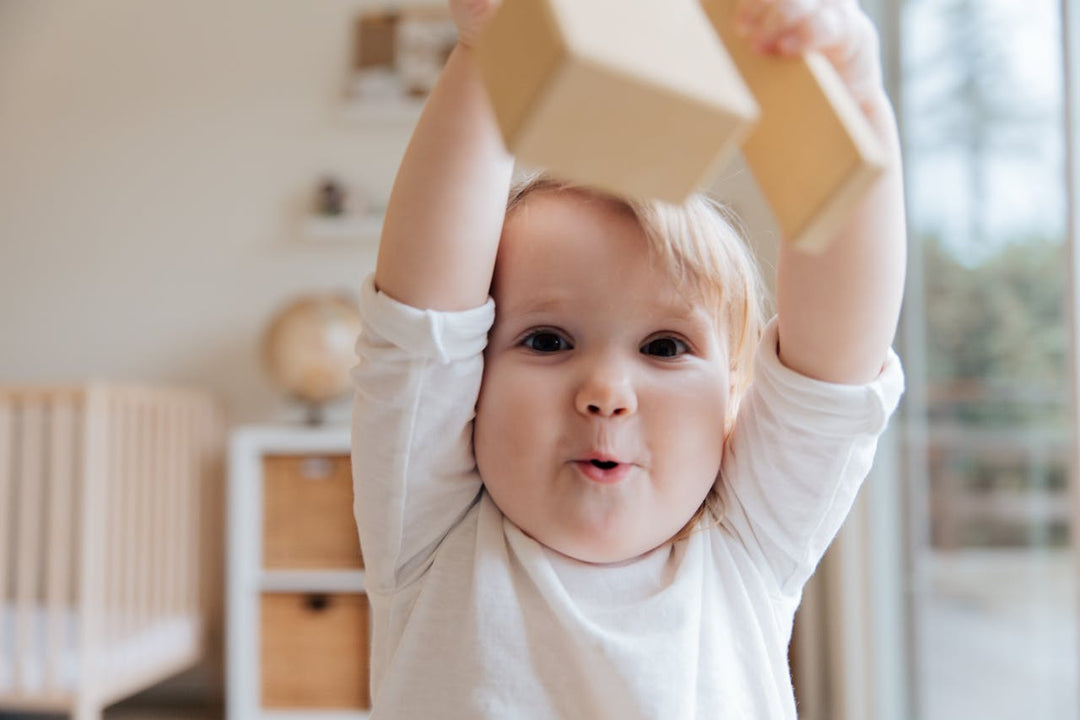Montessori Activities for Your Child's Everyday Learning and Development

As parents and educators, we strive to create a learning environment that supports our children's ongoing development and prepares them for the challenges of everyday life. The Montessori approach places particular emphasis on practical life skills, believing that the mastery of these skills is integral to a child's sense of independence, responsibility, and self-confidence. By introducing children to activities that foster practical life skills, we empower them to become capable individuals who can navigate the world with grace and resilience.
Expand your knowledge of Montessori practical life skills and learn how to incorporate these essential activities into your child's daily routine, nurturing their growth into confident and responsible individuals who are ready to embrace the challenges of life (CTA).
1. Understanding the Montessori Practical Life Curriculum: Principles and Goals
The Montessori practical life curriculum is based on the belief that children learn best through hands-on, purposeful activities. These activities are designed to help children develop skills that will serve them well in their daily lives, including:
- Fine and gross motor skills
- Coordination and balance
- Focus and concentration
- Problem-solving and decision-making abilities
- Social skills and etiquette
By engaging in practical life activities, children also develop a sense of order, independence, and responsibility, which can contribute significantly to their emotional well-being and self-confidence.
2. Supporting Cognitive, Emotional, and Social Development Through Practical Life Activities
Practical life activities are essential for a child's cognitive, emotional, and social development. By participating in these activities, children can:
- Develop language skills by learning new vocabulary and practicing verbal communication
- Improve concentration, persistence, and patience by working on tasks that require sustained effort
- Cultivate social skills, empathy, and cooperation by engaging in group activities and collaborating with others
- Develop a sense of responsibility and independence by taking ownership of their actions and experiences
3. Age-Appropriate Montessori Practical Life Activities for the Home Environment
Practical life skills can be easily incorporated into your child's daily routine, with age-appropriate activities that support various stages of development. Here are some ideas to get you started:
-
Toddlers (1-3 years):
- Pouring water between containers, helping them develop motor skills and hand-eye coordination
- Folding and sorting laundry, promoting a sense of order and responsibility
- Setting the table for meals, reinforcing social skills and a sense of belonging
-
Preschoolers (3-5 years):
- Preparing simple snacks like fruit salad or sandwiches, encouraging independence and self-care
- Participating in household cleaning tasks such as dusting, sweeping, and washing dishes
- Engaging in basic sewing activities like threading beads or sewing buttons, promoting dexterity and concentration
-
Elementary-aged children (6-12 years):
- Planning and cooking simple, healthy meals with adult supervision, bolstering decision-making and planning skills
- Tending to a garden by watering plants, weeding, and harvesting, fostering an appreciation for nature and responsibility
- Involving them in the family budgeting process, helping them develop financial literacy and money management skills
4. Fostering Independence and Responsibility: The Role of the Prepared Environment
Creating a prepared environment that supports your child's practical life skills is essential for their growth and independence. This involves:
- Using materials like wood and tools that are accessible to your child, facilitating their independence and autonomy
- Organizing spaces in a way that promotes a sense of order and consistency, helping to foster self-discipline and concentration
- Encouraging exploration and experimentation by providing open-ended materials and activities that can be adapted to your child's interests and abilities
5. Embracing the Montessori Practical Life Philosophy in Everyday Parenting
Incorporating the Montessori practical life philosophy in your everyday parenting goes beyond just providing activities. It involves:
- Encouraging independence and autonomy by giving your child opportunities to make choices and take responsibility for their actions
- Respecting your child's pace and interests, allowing them to engage in activities that genuinely interest them without imposing unnecessary time constraints
- Providing support and guidance as needed, but stepping back and allowing your child to take the lead in their learning and exploration
6. Integrating Montessori Practical Life Skills in Educational Settings
Montessori practical life skills can be seamlessly integrated into various educational settings, ensuring that children receive a well-rounded education that prepares them for real-world challenges. Here are some strategies to consider:
-
Classroom Organization and Design
- Arrange classroom furniture and materials to create a structured and orderly environment that encourages independent learning.
- Provide accessible and child-sized tools and materials, enabling children to engage in activities without constant adult intervention.
-
Incorporating Practical Life Activities into the Curriculum
- Designate specific times for practical life activities within the daily schedule, allowing children to practice skills such as cleaning, cooking, and gardening.
- Create thematic units that integrate practical life skills with academic subjects, such as measuring ingredients for a math lesson or planting seeds during a science unit.
-
Encouraging Collaboration and Peer Learning
- Foster a collaborative learning environment where children can work together on practical life tasks, promoting social skills and teamwork.
- Pair older students with younger ones for mentoring opportunities, allowing them to guide and support each other in mastering practical life skills.
-
Professional Development for Educators
- Provide training and resources for educators on the principles and implementation of Montessori practical life skills.
- Encourage teachers to observe and reflect on children's engagement with practical life activities, adapting their approaches to meet individual needs and interests.
By integrating Montessori practical life skills into educational settings, we can create a holistic learning experience that supports children's overall development and prepares them for future success.
Conclusion
Montessori practical life skills provide a foundation for children's cognitive, emotional, and social development, equipping them with the tools and abilities they need to navigate daily life with confidence and resilience. By embracing these activities in your child's daily routine, you empower them to develop independence, responsibility, and a sense of purpose.
Begin your journey into Montessori practical life philosophy and discover the profound impact it can have on your child's growth. The Topponcino Company is a soft, mat-like Montessori pillow that provides support, comfort, and consistency during a baby's first few months of life. Check out our baby support pillow today!












